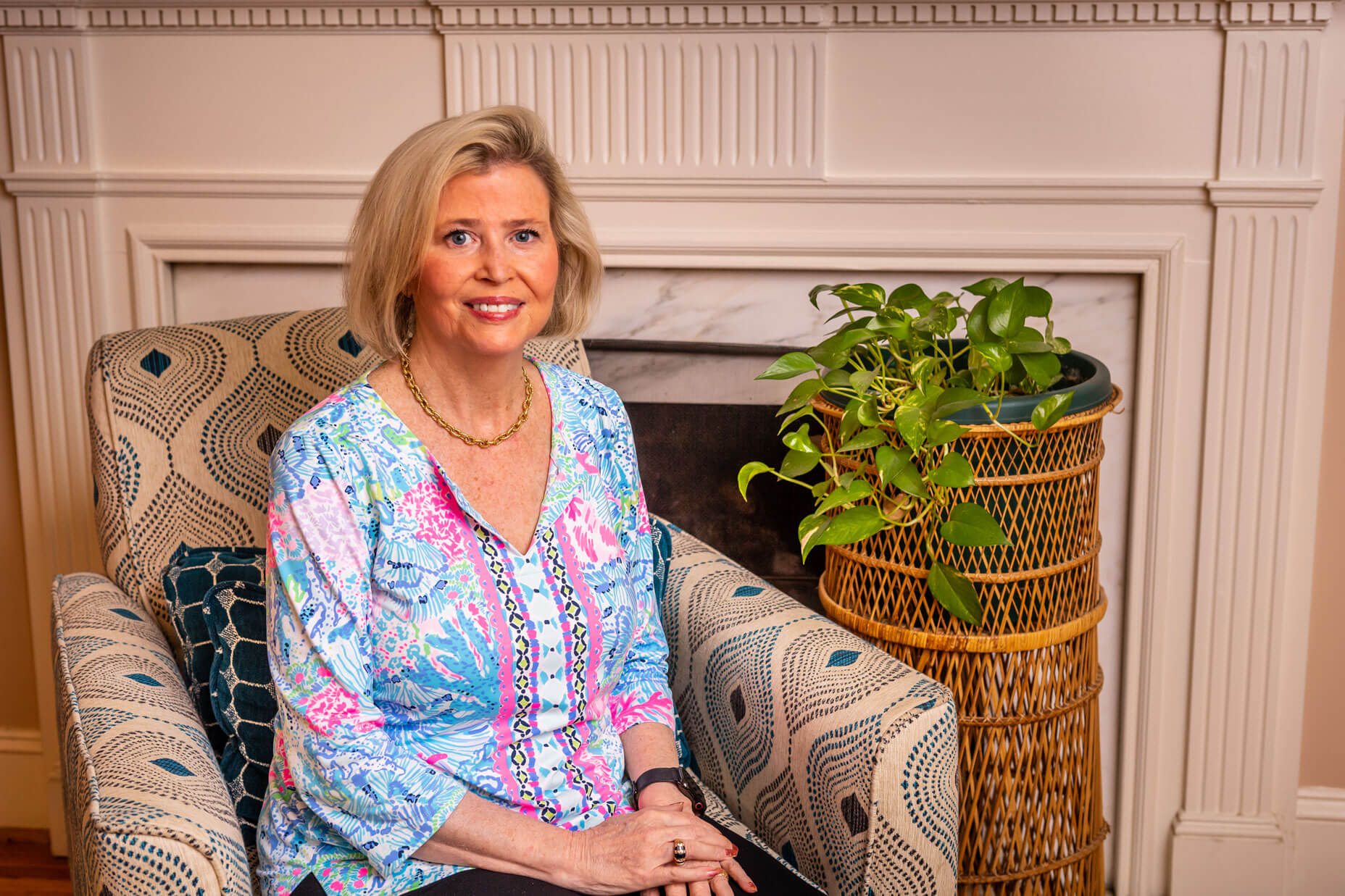The Psychology of Aging

Conscious Aging
By Catherine Carstarphen, M.A, M.Div., D.Min. Candidate
Div., D.Min. Candidate
A 70-year-old friend showed me a picture of herself 20 years ago and one taken the week before. Pointing to the newer photo, she said, “I want to know who she is now.” It’s a question millions of baby boomers may soon be asking of themselves. As the AARP states about baby boomers, “Their mass alone has had an enormous impact on the national psyche. From the youth culture created in the 1960’s and 1970’s to the dual-income households of the 1980’s and 1990’s, this generation has reinterpreted each successive stage of life.” As they age now, baby boomers may just institute a more conscious approach to the psychological, spiritual and physical transformations of aging, providing rich and varied answers to the question my friend asked.
Psychologist Erik Erickson posed an eight-stage developmental schema of central tasks encountered by individuals from birth through old age. The middle aged and elder stages are Generativity vs. Stagnation (40-65) and Integrity vs. Despair (66>). The Generative adult moves beyond herself to guide and mentor consciously the next generation. Similarly, the elder who has achieved Integrity has reviewed and reflected on life, mourning losses and regrets, celebrating triumphs and joys, finding meaning, and accepting their shortening future. This is a process that embraces the physical, psychological, social, and spiritual aspects of a person’s past, present and future. It is best done in conversation with another, for loneliness is one of the dreads of old age. Family, friends, and caretakers who listen to and share in an elderly person’s life review will gain wisdom and perspective while gifting the older one with an interested and compassionate presence that facilitates movement towards integrity.
“By 2040, there will be more 85 year-olds than 5-year olds,” writes Dr. Stephen Sapp of the University of Miami, a former chair of the Council for the Forum on Religion, Spirituality and Aging. In a culture now obsessed with youth and staying young, the baby boomers have an opportunity to shift the national paradigm to one that honors the wisdom, spirituality, and wealth of information embodied in the elderly. Will the generation that so successfully “reinterpreted each stage of life” re-present aging as a process that, like all others, is replete with possibility as it is also marked by loss? Will those who are younger engage with their elders to the benefit of both age groups?
